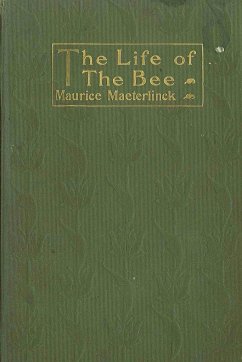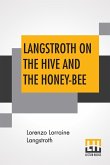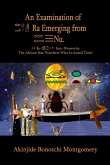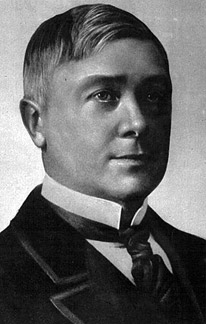The Nobel Prize winner offers brilliant proof that "no living creature, not even man, has achieved in the center of his sphere, what the bee has achieved." From their amazingly intricate feats of architecture to their intrinsic sense of self-sacrifice, Maeterlinck takes a "bee's-eye view" of the most orderly society on Earth.
Hinweis: Dieser Artikel kann nur an eine deutsche Lieferadresse ausgeliefert werden.
Hinweis: Dieser Artikel kann nur an eine deutsche Lieferadresse ausgeliefert werden.









